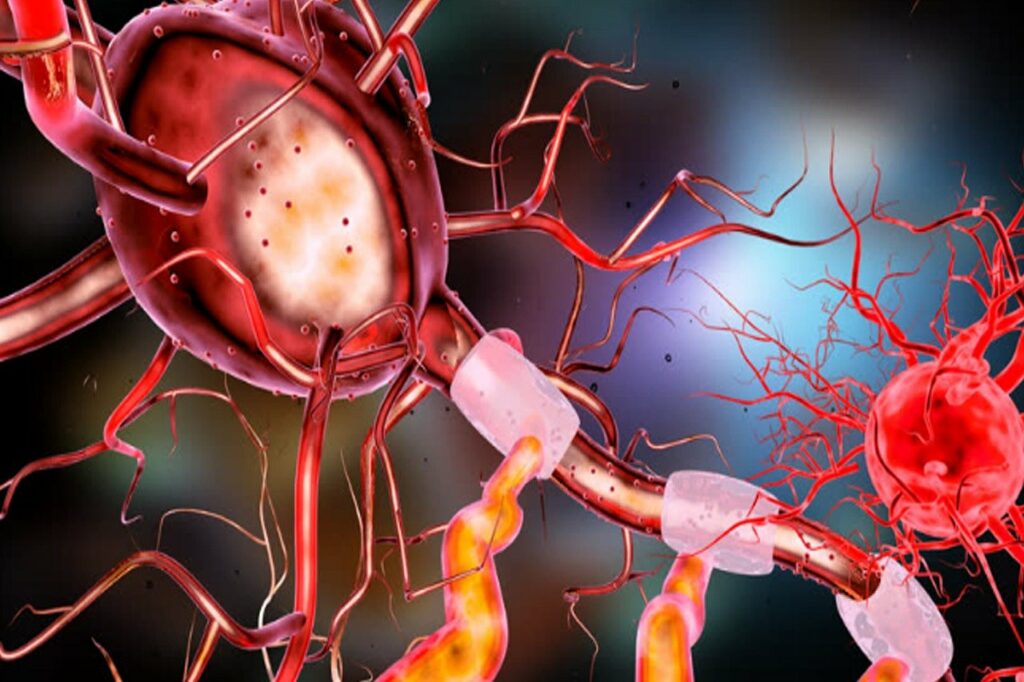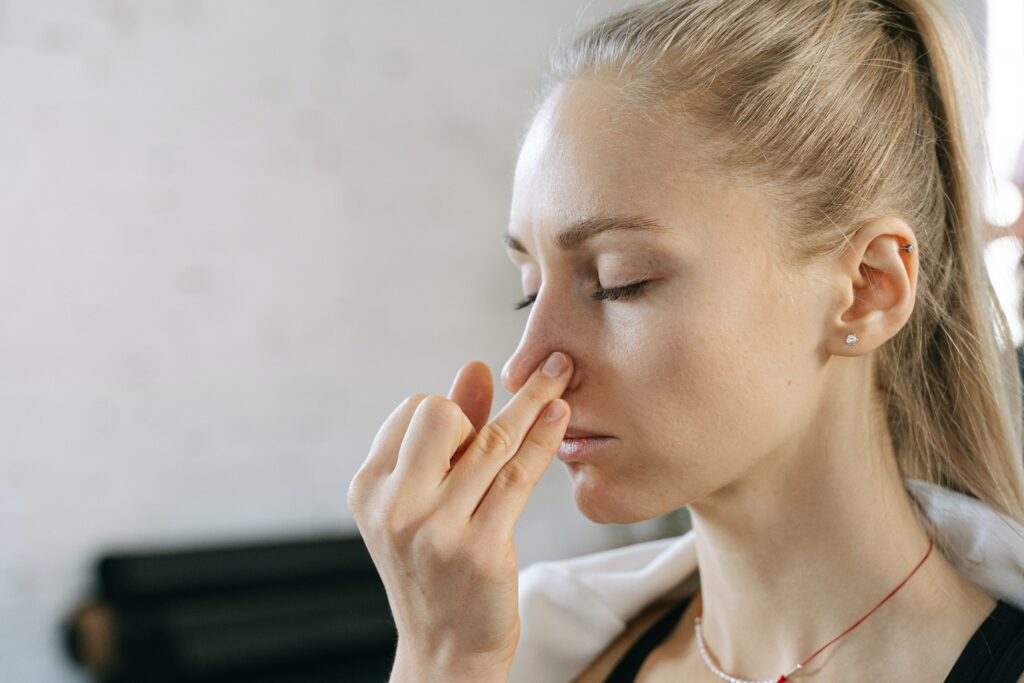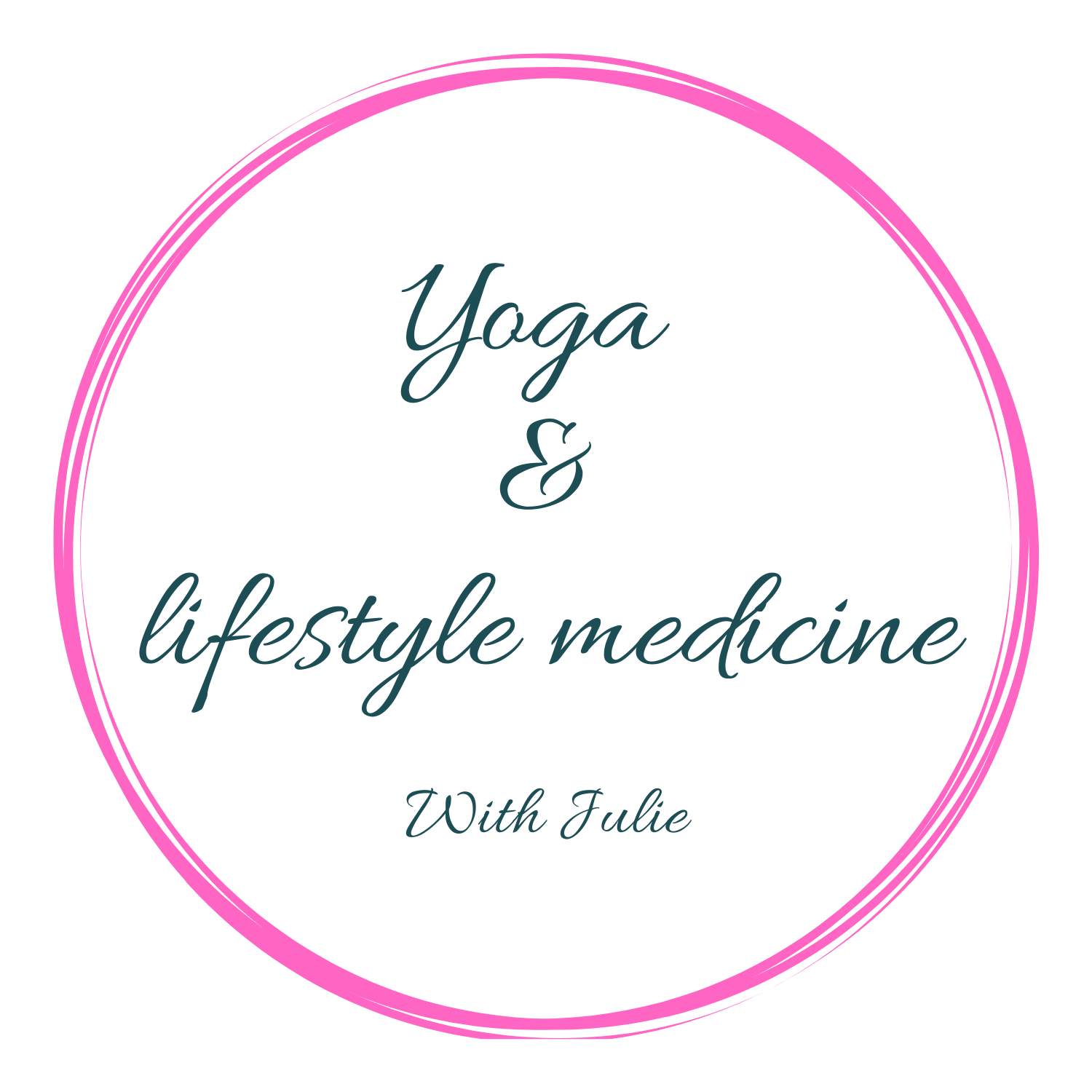

The truth: stress explodes in modern society
How many seem to have a peace of mind?
Look around you and within you, observe.
How many people around you are stressed or anxious?
How many people suffer from stress, the fear of tomorrow or the consequences of their actions because of a lack of confidence?
In our so-called “modern” societies, you know that we have lost the sense of balance and harmony on all levels of existence.
We are practically all on automatic pilot from the moment we get up to the moment we go to bed. Tasks have become automatic in order to save as much time as possible and get as much done as possible during the day.
You do as much in the family sphere as you do at work.
But this accumulation of tasks without conscience, don’t you think it has negative consequences on your physical, mental health, and what about your attitude towards others…your kids?


This stress that you accumulate has serious repercussions on your homeostasis. And we will see later how.
You are a living being that needs love, tenderness and rest necessary for your mental, emotional and physical balance.
This is called recovery time so that your body can maintain and repair itself efficiently and keep its balance (homeostasis).
Without it, you overexcite your orthosympathetic nervous system and your body is too tired to repair itself efficiently. And in the medium or long term…hello damages.
What is the purpose of this orthosympathetic nervous system?
It triggers automatic reactions (without the intervention of the will) corresponding to the alert state of the organism, and to the preparation for physical and intellectual activity. This is the action system, and has an “accelerating” effect on the organism.
2 neurotransmitters are associated with: adrenaline and noradrenaline.
Why am I telling you about this…?
The anti-peace of mind hormones: adrenaline and noradrenaline
Adrenaline can be defined as a chemical mediator that acts by modifying the activity of several of our organs, such as the heart.
The main initial purpose of this hormone is to prepare for flight or fight when our brain interprets that a certain stimulus may be a threat to us. This was true in the early days of humanity when we were still hunter-gatherers.
Moreover, it allows us to achieve the maximum of ourselves, using all our physical resources to reach an objective, whether to avoid it or to face it.
On the other hand, one of the most well-known effects of adrenaline is undoubtedly its impact on our metabolism and maximizes our glucose levels so that it can be delivered to the brain.
What is curious to note that adrenaline has repercussions on our digestive system when the brain interprets that there is a danger.
As a result, Our digestion is slow down and even intestinal movement for a reason: all of our energy must be concentrated in the muscles.
So, essential tasks such as digestion or absorption of nutrients are left in the background, since these functions require a lot of energy expenditure.
And these nutrients you need to function well…
Stress, physical and emotional pain are not peace of mind
Because of excessive worry, constant fear, persistent anxiety. And even the fact of having to make physical efforts for several hours lead to an excessive release of adrenaline.
The reason: our lifestyle, too much pressure, too many obligations, too many actions, too many complaints, comparisons, judgments, too many desires, too much ego, too much…too much…too much…


This is an abnormal situation for your body and your mind, and the homeostasis, so the balance of your body and your mind is threatened.
And so you find yourself with an overproduction of adrenaline released in the blood.
You will notice it immediately through these symptoms:
– Your muscle pain
– Stress in your neck, arms or legs
– Dizziness
– Blurred vision or pressure in your eyes
– Your headache
– Difficulty sleeping
– stomach ache
– high blood pressure
– chronic fatigue
Norepinephrine triggers the production of adrenaline.
In a natural environment, adrenaline and noradrenaline normally have positive effects that encourage you to take action as you saw it, but they can also trigger fear and anxiety in an environment of overload.
These factors, such as chronic stress experienced over recurrent periods, lead to their overproduction.
Noradranelin also plays a role in emotions. It is involved in mood disorders and manic depression.
So you understand that it is important to counterbalance these effects by supporting our parasympathetic system, which is antagonistic to the orthosympathetic system.
The parasympathetic system lowers the heart rate and blood pressure by vasodilation, facilitates digestion by increasing salivary, gastric and intestinal secretions, and stimulates sexual appetite. Interesting, no?
You will also understand that in order to reduce stress, anxiety, pain and physical or emotional tension, it is imperative that you give space to your parasympathetic system. We call this a return to balance.
A return to balance because you have become aware.
And all these symptoms are manifested by mental and physical suffering.
And you know very well that in order to remove the symptoms, you have to treat the root cause.
So how to gain peace of mind?
Find the root cause of stress and anxiety
The practice of knowledge and the desire to achieve peace of mind.
To promote relaxation and peace of mind, one must be aware of one’s condition. First point.
Without awareness and consciousness, nothing, absolutely nothing will happen.
Relax the deep layer of the mind; and Release mental stress and tranquilize the emotional body; connecting you with the alpha brainwave patterns responsible for deep relaxation.
How to take care of yourself and get peace of mind?
Take care of your mind by learning how to make it calmer and find peace.
Because a peaceful mind is directly related to your outlook on life.
If you see life as a burden, that everything that happens to you is not fair, that life is not fair, and that you make any kind of negative judgment, you definitely need to learn to transform your view of life into something free of criticism and judgment.
You must make it beautiful as much as you can.
Of course, you have to make an effort to change. Nothing happens in a snap of the fingers.
And to tell you that everything happens for a reason. That’s the way of life: ups and downs. But the lows are always there to show us something, a lesson, that we must understand. We must not see it as a punishment or something unfair. Be aware, be in the moment. We find joy in the little things.
How to be aware?
Be present, focus your attention, there, to be able to access your thoughts, emotions and perceptions.
You go so fast that how can you let your body feel.
Let them appear, welcome them even if they are wrong or bad. Life is like that, in balance: the good things, the uncomfortable things.
Practice Vedic methods like yoga, meditation and breathing exercises. It will change your life.


Stop stress by stopping your autopilot
To control yourself and stop the autopilot.
Do breathing exercises.
Focus on your breathing to give your body and mind space.
You know, the more stressed you are, the worse your breath is and that bad breath impacts the quality of your thoughts. So breathe properly through breathing exercises that we call pranayama.
This also impacts your digestive system, as I explained earlier, and it is the digestive system that provides all the basic nutrients to your body and brain.
Pranayama can also be practiced as a relaxation and stress reduction therapy.
You can practice Chandra bedhana pranayama. These techniques are very effective for calming down and feeling relaxing sensations in your body and mind.
In Ayurveda, we use Chandra Bhedana for mental health as it is of great help when you are anxious, agitated, or afflicted with insomnia.
Chandra Bhedana Pranayama decreases sympathetic discharge and reduces stress patterns.
It also changes your mood and, by practicing it, improves it and also induces a change in your thoughts.
Yoga breathing exercise for anxiety | Chandra Bhedana – YouTube
Stop worrying about what may or may not happen.
You are responsible for your actions, but not for their results.
In one of the precious teachings of the Bhagwat Geeta, Krishan says to Arjuna, act but don’t wait for the particular fruits or results because that is the cause of your suffering.
So act, don’t judge, don’t worry about what might have happened because it will never happen after all. Right?
What makes you feel alive is peace of mind


What do you really want in your life?
Do you want to live completely freaked out and stressed all your life or do you really want to live the life you want? Then set your desires.
And do you really think having the nicest house with the latest BMW car will make you feel alive and happy?
Yes… for a short while, the next moment you will want to buy another expensive object…
How do you feel about money?
Money buys your security, your stability [material stability], your comfort, your power, your pleasures… but when we have experienced all these things, what happens? We feel at peace for a short time.


Change your philosophy and your vision of life, it will change your person and your automatic thoughts.
Change your autopilot habits into healthy habits to change your person.
What for?
Because you will get clarity, know how to relieve your stress, and manage your emotions by welcoming them, and then not overreact anymore.
Don’t you want this feeling of well-being, of good mood and more happiness in your life, because you finally accept it as it is.
Find more practices and knowledge in my you tube channel and also learn more pranayama.
And here feel free to practice this meditation to fight against stress.
Please be aware then you will be able to take care of yourself 😘
Be love, gentle and compassionate.
Namaste, Julie
References:
Effects of Various Prāṇāyāma on Cardiovascular and Autonomic Variables – PMC (nih.gov)
Neuroscience of the yogic theory of consciousness – PMC (nih.gov)
